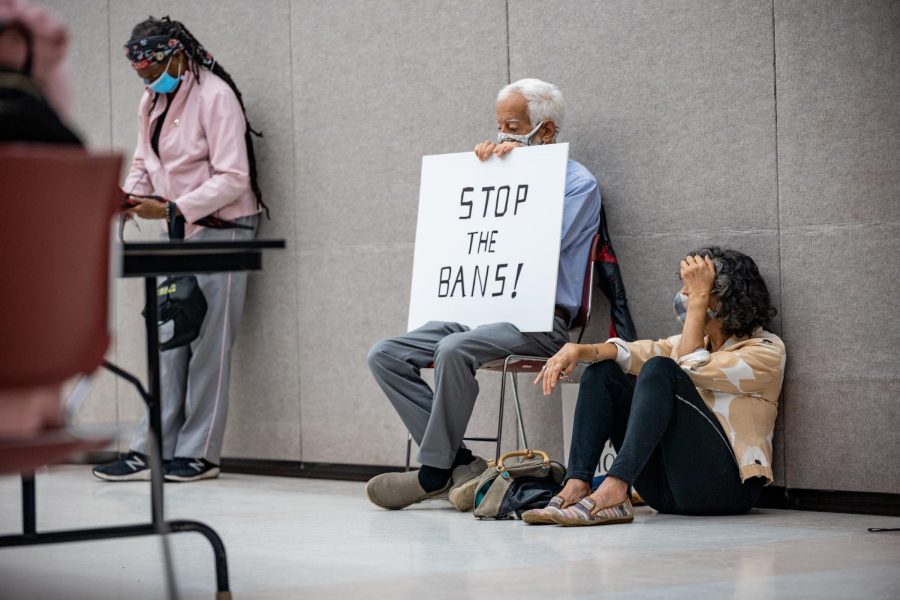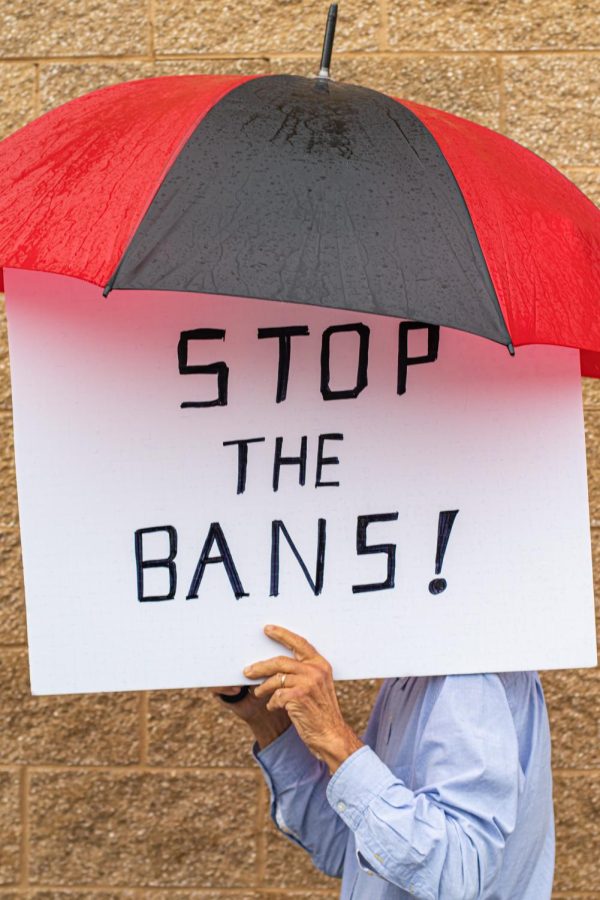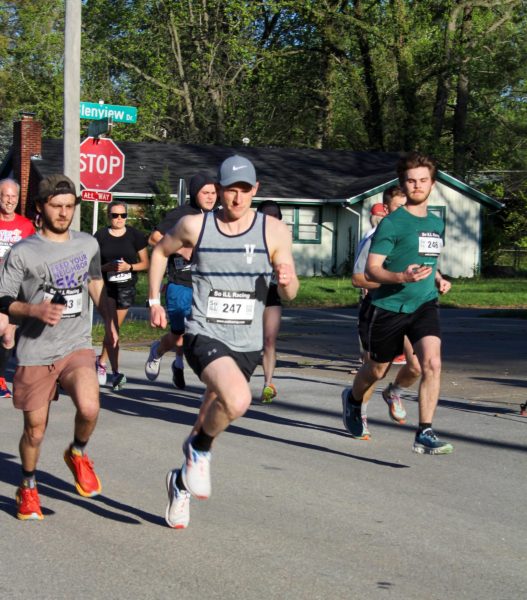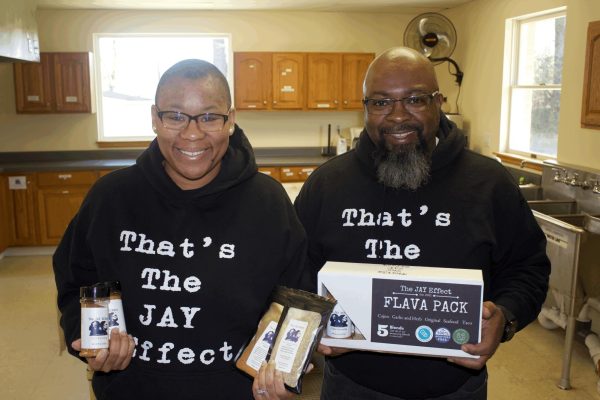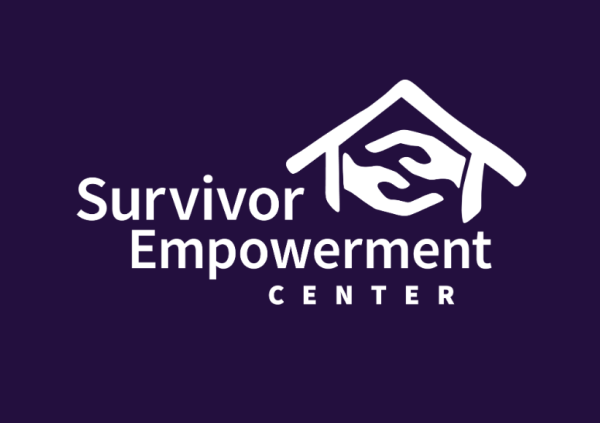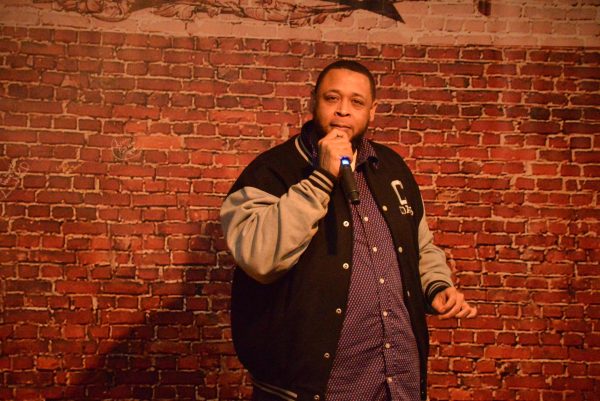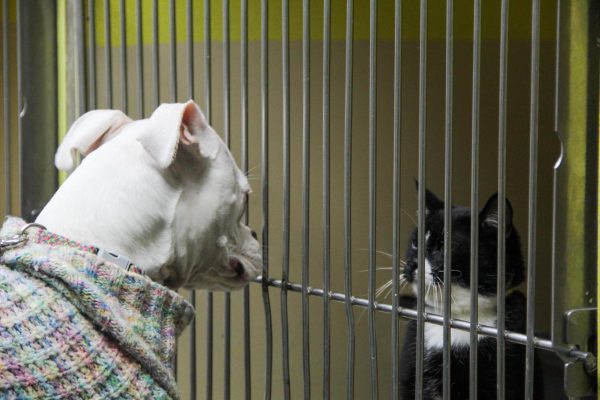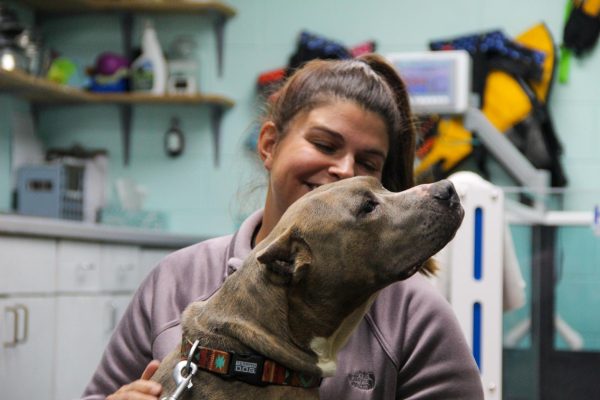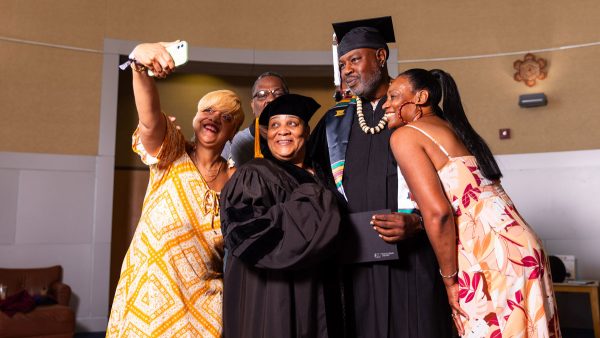People of Carbondale march against the attack on reproductive rights
Chris Bishop | @quippedmediallc
Activists listen to speakers at the March for Reproductive Rights while holding a sign that reads “STOP THE BANS!” Oct. 2, 2021 at the Carbondale Civic Center in Carbondale, Ill.
The Women’s Center hosted a March For Reproductive Rights on Saturday, Oct. 2 in response to the bills being passed in states limiting abortions including Texas, Florida, Missouri, ect.
The event started at 11:00 am at the Carbondale Civic Center with representatives from the Women’s Center, Rainbow Cafe, and SIU, all there with information on Women’s rights.
Starting at the Carbondale Civic Center, the march went down South Illinois Ave to West Walnut and turned right onto West Freeman Street. It continued right onto South University and ended at the Carbondale Civic Center.
Advertisement
Erin Frey, who works at the Women’s Center, located in Harrisburg, said she knows first-hand about what some women go through with reproductive rights and sexual violence/ assault.
Frey said they deal with survivors of sexual violence on a regular basis and can’t believe the government won’t let survivors make their own decisions.
“We just feel that it’s really important to get the word out there that[…] it’s not as easy as you know just cutting it off as early as six weeks,” Frey said. “It’s not realistic.”
The fact that reproductive rights are at risk after the Supreme Court passed Roe. v Wade in the 70s to protect them is scary, Frey said.
“Illinois has some of the most progressive laws for sexual violence for it makes our jobs a little bit easier,” Frey said. “We’re doing a really good job and our survivors of sexual violence are being able to be helped and taken care of.”
March participant, Goerogeann Hartzog, age72, is a nurse and understands the struggle it used to be to get an abortion in the past.
“I know that young women, especially but not strictly, need them occasionally and sometimes they’re medically necessary,” Hartzog said. “I’m a nurse so I just wanted to make sure I was here today to help speak out in our area.”
Advertisement*
There were three speakers before the march who gave their personal takes on the state of reproduction rights in America.
Child counselor and domestic violence advocate, Rose Robinson-Berkman, spoke about the hold abuse has on victims trapped in unwanted pregnancies.
“Pregnancy can be used as a tool of control,” Robinson-Berkman said. “This means things like tampered birth control, lying about the use of birth control[…] removing a condom during sex, or through sexual assault.”
Reproductive coercion can vary from the partner threatening to leave you or convincing their partner that things will get better if they become pregnant, Robinson said.
Robinson-Berkman gave a list of statistics on how violence in relationships affects pregnancies.
“Here in America, somewhere between 6% and 22%… [women will terminate] the pregnancy because of an abusive relationship, and often concern for their children was the determining factor issue in choosing an abortion,” Robinson-Berkman said.
With these limits, specifically in lower-income families, you have to take into account transportation and access to finances, Robinson-Berkman said.
Speaker and birthing doula, Hana Howell, spoke on the risk for black women and infants when it comes to reproductive rights.
“Black people have had no control over their reproductive rights,” Howell said.
Howell said African American women and infants are three to four times more likely to die than white women and infants.
“We will not let these barbaric laws and policies stop us,” Howell said.
Tara Bell, a speaker and representative of the Rainbow Cafe, made it clear in her speech that reproductive rights don’t just apply to cis-gendered women, but the LGBT community as a whole.
Young lesbians and bisexual women are twice as likely as women who identify as heterosexual to experience teen pregnancies, Bell said.
“According to a 2018 study conducted by researchers at Harvard, maltreatment and sexual abuse, rejection by family members, and bullying are significant factors[…] in the basic lack of sex education geared towards sexual minorities,” Bell said.
Bell said a current study at the University of British Columbia shows transgender and non transgender youth have similar pregnancy rates. The Texas SB8 bill is a threat to the LGBT community and a threat to everyone.
“We know how ludicrous this bill is,” Bell said. “Written and passed by a legislature that clearly has no understanding of the reproductive system, no understanding of menstrual cycles, and has no business legislating anyone’s uterus.”
Staff reporter Jamilah Lewis can be reached at [email protected] or on Twitter @jamilahlewis. To stay up to date with all your southern Illinois news, follow the Daily Egyptian on Facebook and Twitter.
Advertisement



